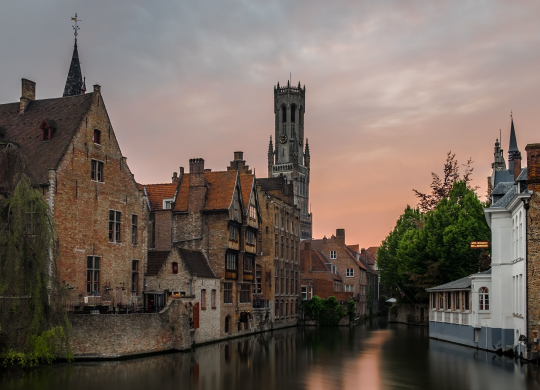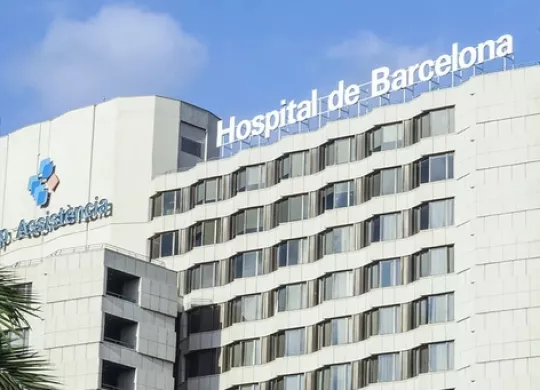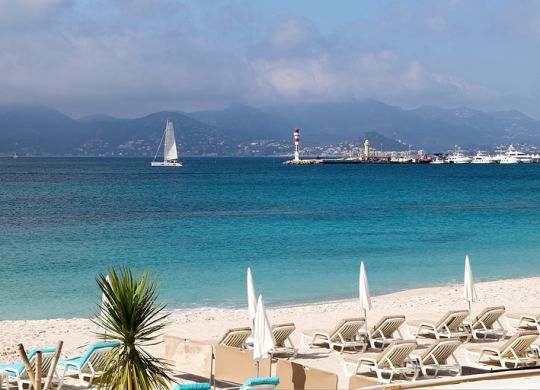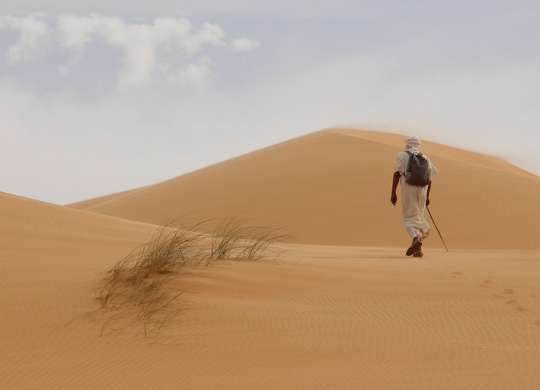Medicine and the healthcare system in Mauritania. Features and complexities of the system in the country

Mauritania's health care system consists mainly of administrative centres and emergency rooms. Health spending in the country accounts for about 4.8% of the net GDP. There are about 500 major medical facilities throughout Mauritania. The country's health care system is predominantly public, but over the past decade, there has been a steady growth in the private medical sector.
The pharmaceutical industry has been the most privatized. The only major hospital in Mauritania is located in the capital and largest city of Nouakchott. This hospital is suitable for emergency medical care; however, it is not fully equipped to accommodate inpatients.
What you need to do to come to the country and receive medical care
Major medical problems facing the overburdened healthcare sector include malaria, tuberculosis, dysentery, and complications of childbirth. The birth mortality rate is currently 550 per 100,000 births. Thus, emigrants intending to live in Mauritania are advised to buy insurance that will cover the cost of medical evacuation to South Africa or Algeria.
If you intend to visit Mauritania as a tourist, it is necessary to take out medical insurance. The insurance and free medical care for foreign nationals in Mauritania is subject to bilateral intergovernmental agreements between Mauritania and the country of citizenship of the traveller. In the absence of an intergovernmental agreement, foreigners must take out a private health (travel) insurance policy valid in Mauritania. A list of intergovernmental agreements of Mauritania can be found on the website of the Ministry of Foreign Affairs of Mauritania.
Mauritanian missions issue the following types of visas:
• Transit visa up to 30 days.
• Short-stay visa up to 90 days.
• Long-stay visa.
The level of medicine in Mauritania is low. Therefore, in severe cases of need for medical services, evacuation will be necessary.
For the evacuation from Mauritania, both flights and special air ambulances can be used. The use of civil flights to transport the patient implies the blocking and redemption of 4 to 8 passenger seats to install a special medical module. The cost of air ambulance transportation can range from $15,000 to $30,000.
Due to the high cost of flight and air ambulance medical transportation services, it is recommended that the amount of insurance coverage be increased to $50,000 or $100,000. We advise you to use only trusted insurance companies. If you need qualified assistance, please contact the experts on our website, who will competently select a safe and suitable insurance plan.
When applying for a visa to Mauritania, you will need the following documents:
• valid passport;
• passport photos that meet Mauritania's embassy requirements;
• proof of departure;
• proof of hotel;
• invitation letter;
• yellow fever vaccination certificate;
• correctly filled out the application form for a visa to Mauritania;
• arranged insurance;
Pharmacies
There are pharmacies in all major cities in Mauritania. They sell mostly European medicines. Since there are many counterfeit drugs on the market in Mauritania, it is recommended to have a medical kit complete with all the necessary medications when visiting the country. When taking prescription medication, it is advisable to have the necessary quantities in the original packaging, with a prescription translated into French or Arabic, for the entire stay in Mauritania.
The peculiarities and complexities of the health system in Mauritania
Many political barriers hamper attempts to improve health care in Mauritania. The country suffers from a shortage of doctors and treatment facilities in the country's rural areas. Although there are potential opportunities to expand funding, the Mauritanian government tends to keep infrastructure projects centralized in the capital region. Although the capital is the largest city and presents the greatest prospects for economic growth, there is little focus on the rural population. Poor people are also disadvantaged by the high cost of health care without any insurance.
Major health problems include malaria, tuberculosis, measles, dysentery, and influenza. Pregnancy complications are common due to unsanitary conditions and lack of medical care. In non-drought years, the basic diet, consisting of milk and millet, is quite nutritious, although with some vitamin C deficiency.
Recommended articles
5 min
Treatment
2 min
Treatment
Health Insurance and Visa for Treatment in Spain: current rules
Spain offers one of the best healthcare systems in Europe, combining public and private healthcare. Find out how to get healthcare in Spain, what rights foreigners have for free treatment, and the specifics of health insurance in the country
11 maj. 2025
More details5 min
Treatment
5 min
Residence permit
All materials and articles are owned by VisitWorld.Today and are protected by international intellectual property regulations. When using materials, approval from VisitWorld.Today is required.